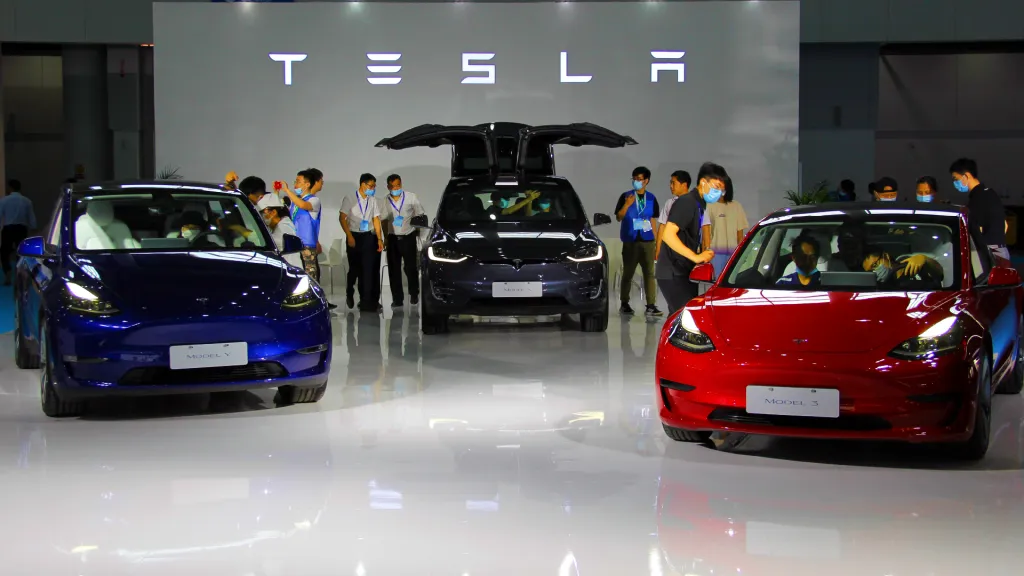Tesla is recalling more than 1.6 million electric vehicles in China, the country’s market regulator said on Friday, marking another blow for the US firm days after it lost its crown as the top maker of all-electric vehicles to Chinese firm China’s BYD.
The recall — sparked by the discovery of problems with assisted driving functions and door-locking systems — will be conducted through remote over-the-air (OTA) updates to the cars’ software.
China is a vital component in Tesla’s global layout, both as a large consumer market and the host of a major manufacturing plant in Shanghai.
“Starting from now, a total of 1,610,105 imported Model S, Model X, and Model 3, and domestic Model 3 and Model Y electric vehicles with production dates between August 26, 2014 and December 20, 2023 will be recalled,” the State Administration for Market Regulation (SAMR) said in an online statement.
“For vehicles within the scope of this recall, when the automatic assisted steering function is turned on, the driver may misuse the level two combined assisted driving function, increasing the risk of vehicle collision and posing a safety hazard,” said the SAMR.
The recall also includes 7,538 imported Tesla models made between October 26, 2022, and November 16, 2023, which were found to have “a problem with the door unlock logic controls”.
In 2022, the firm recalled nearly 128,000 cars in China due to a rear motor inverter defect.
Last month, Tesla initiated a recall of over two million vehicles in the United States and Canada due to risks associated with the autopilot software.
The latest recall in China comes just days after local competitor BYD surpassed Tesla to become the world’s leading deliverer of electric vehicles, according to fourth-quarter sales data.
Tesla’s Shanghai production facility — its first “gigafactory” to be built abroad — delivered 947,000 vehicles in 2023, Chinese state-run news agency Xinhua reported earlier this week.
China, the world’s biggest polluter, has heavily encouraged sales of electric and hybrid vehicles through subsidies, aiming to have a majority of cars powered with clean energy by 2035.
During a trip to China last spring, Tesla boss Elon Musk praised the country’s “vitality and promise”.
He said that he “was willing to continue deepening mutually beneficial cooperation”, according to a readout provided by Beijing.




